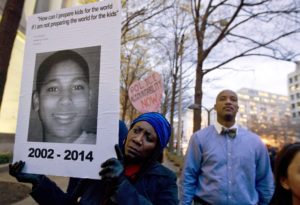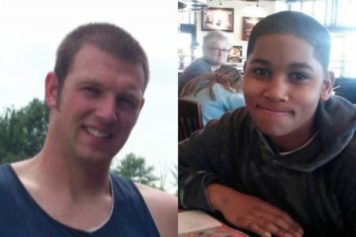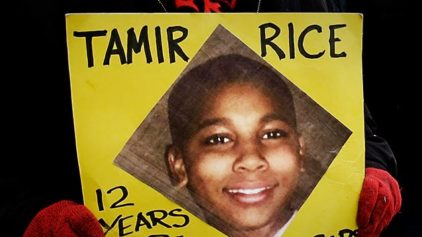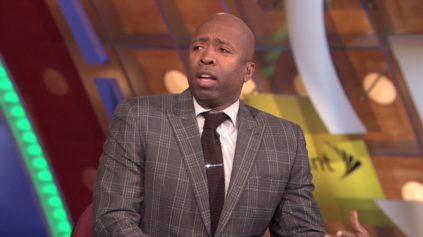
Grand juries have two options when making legal decisions. They can either vote “true bill,” which means that charges will be filed, or “no bill,” which means no charges will be field. There is no legal record of either decision from the grand jury, which indicates they never voted on the issue, according to Cleveland Scene. The paper requested additional information from the county clerk and the Cuyahoga County Prosecutor’s offices.
Joe Frolik, the communications director for the prosecutor’s office, responded, “It’s technically not a no-bill, because they didn’t vote on charges. This was an investigative grand jury. This was kind of their role. Sometimes, a grand jury, after its investigation, will decide if there are no votes to be taken on charges,” Frolik said.
However, Prof. Lewis Katz, a criminal law expert at the Case Western Reserve University School of Law in Cleveland, said investigative grand juries are usually held in secret. In his opinion, the Tamir Rice grand jury was not investigative. Katz told Cleveland Scene he was “stunned” by their actions.
Family attorney Subodh Chandra said the decision not to even vote on indicting officers Frank Garmback and Timothy Loehmann was a slap in the face of the Rice family.
“If it is true that the prosecutor didn’t even call for an up or down vote on potential criminal charges, including aggravated murder, then it is truly the ultimate insult to the Rice family,” said Chandra. “The prosecutor didn’t even think it mattered to bring the grand jury proceedings to their proper conclusion.”
However, these weren’t the only irregularities found in the Cleveland criminal justice system. Cleveland Scene revealed that the city of Cleveland was helping police officers found guilty in civil cases avoid paying victims’ families. The city was paying for attorneys who helped officers file for bankruptcy.

Aspiring rapper Kenny Smith was shot dead by an off-duty Cleveland police officer.
Cleveland Scene cited two cases. One involved Shauna Smith, whose son Kenny, an aspiring rapper, was shot dead by Roger Jones, an off-duty Cleveland cop, while try to get away from a bar shooting. She won a $5.5 million settlement against Jones, but he filed for bankruptcy. Cleveland Scene also examined the case of retired Cleveland cop Denise Kovach, who was hit with a $13.2 million judgement for her role in the wrongful imprisonment of David Ayers. He was sentenced to life in prison for the murder of a 76-old-woman, only to be freed by DNA evidence. She too avoided the judgment by filing for bankruptcy, with the help of lawyers paid for by the city of Cleveland.
“This provides a road map for any municipality that wants to evade their obligations,” said Ruth Brown, a Chicago attorney who is currently fighting Cleveland over the issue. “We fully expect that if Cleveland is allowed to get away with this, they will try this again.”


